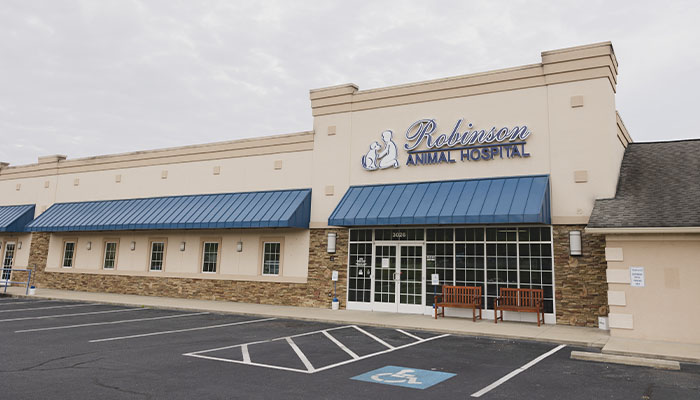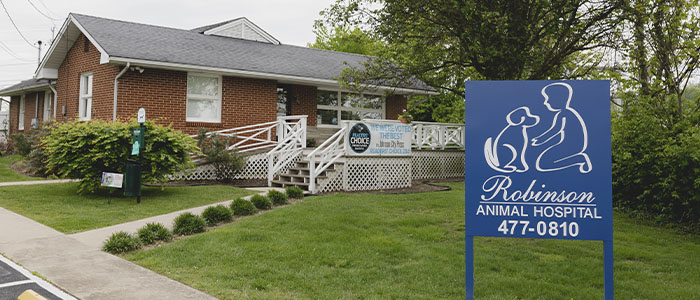A pet emergency can strike suddenly, leaving you feeling overwhelmed and unsure of the best course of action. Recognizing the signs of a critical situation and knowing when to seek immediate veterinary care is crucial for your pet’s well-being.
Difficulty Breathing
Your pet relies on a healthy respiratory system to function properly. If you notice any changes in their breathing patterns, it’s essential to pay close attention. Here are some key signs that could indicate a life-threatening emergency:
- Rapid or Shallow Breathing: Normal breathing for a dog can range from 10-30 breaths per minute, while cats typically take 15-30 breaths per minute. If your pet is breathing significantly faster or shallower than usual, it could indicate difficulty getting enough oxygen.
- Labored Breathing with Open Mouth: Healthy pets shouldn’t breathe with their mouths open unless they’ve been exercising heavily. Open-mouthed breathing, especially when accompanied by labored chest movements, suggests your pet is struggling to breathe.
- Gasping: Gasping is a desperate attempt to take in air and is a clear sign of respiratory distress.
- Pale Gums: Healthy gums should be pink. Pale or grayish gums can indicate a lack of oxygen reaching your pet’s vital organs, requiring immediate veterinary attention.
Excessive Bleeding
Bleeding can occur due to various reasons, and some minor instances can be managed at home. However, excessive bleeding is a serious emergency that demands immediate veterinary intervention. Here’s what to watch out for:
- Uncontrolled Bleeding from Any Part of the Body: Even seemingly minor injuries can lead to significant blood loss if left untreated. Any uncontrolled bleeding, regardless of the source, requires immediate veterinary care.
- Bleeding from the Nose, Mouth, or Rectum: Bleeding from these areas can indicate internal injuries or serious medical conditions requiring immediate professional evaluation.
Severe Vomiting or Diarrhea
While occasional vomiting or diarrhea is not uncommon, especially after dietary indiscretions, persistent or severe cases can pose a significant threat to your pet’s health. Here are some signs that warrant immediate veterinary attention:
- Persistent Vomiting or Diarrhea: If your pet vomits or has diarrhea more than a few times within a short period, especially if they cannot keep any fluids down, seek veterinary care right away.
- Vomiting or Diarrhea with Blood: Blood in vomit or stool is a clear sign of internal bleeding or other serious conditions. Do not delay seeking veterinary attention.
- Signs of Dehydration: Severe vomiting or diarrhea can lead to dehydration quickly. Signs of dehydration include lethargy, dry gums, sunken eyes, and loss of skin elasticity.
Other Situations Requiring Emergency Care
Beyond the specific signs listed above, other situations can constitute pet emergencies in North Johnson City, Tennessee. Be aware of these additional red flags:
Signs of Poisoning:
- Lethargy or weakness
- Vomiting
- Excessive drooling
- Tremors or seizures
- Difficulty breathing
If you suspect your pet has ingested something poisonous, immediately contact your veterinarian or emergency animal hospital. If possible, try to identify the ingested substance so the veterinarian can provide the most effective treatment.
Signs of Trauma or Accidents:
- Excessive bleeding
- Difficulty walking or limping
- Inability to stand or put weight on a limb
- Visible signs of broken bones (deformity, unnatural angles)
- Seizures or loss of consciousness
Even if your pet seems alert after a fall or accident, internal injuries can occur. It’s crucial to seek immediate veterinary evaluation to rule out any internal bleeding or damage.
Sudden Difficulty Giving Birth:
If your pet is pregnant and experiences any of the following during delivery, seek immediate veterinary help:
- Lethargy or excessive straining
- Difficulty pushing for more than a few minutes
- Lack of vaginal discharge after several hours of straining
- Green or black discharge from the vagina
- Signs of distress in the mother or newborn puppies/kittens
Stay Calm and Assess the Situation
When faced with a pet emergency, staying calm and acting quickly is essential. Panic can cloud your judgment and prevent you from making the best decisions for your pet. Take a moment to assess the situation and gather your thoughts.
Taking the Next Step
At Robinson Animal Hospital, serving North Johnson City, Gray, Elizabethton, Erwin, and Jonesborough, Tennessee, we understand the immense worry and fear that comes with a pet emergency. Our team of compassionate and experienced veterinarians is dedicated to providing your pet with the highest quality care during critical times.
If you have any questions or concerns about your pet’s health, even if they seem minor, don’t hesitate to schedule a regular checkup. Early detection and preventive care are crucial for maintaining your pet’s long-term well-being. We recommend scheduling an appointment at Robinson Animal Hospital for prompt and professional veterinary care. Remember, your pet’s health is our top priority.













